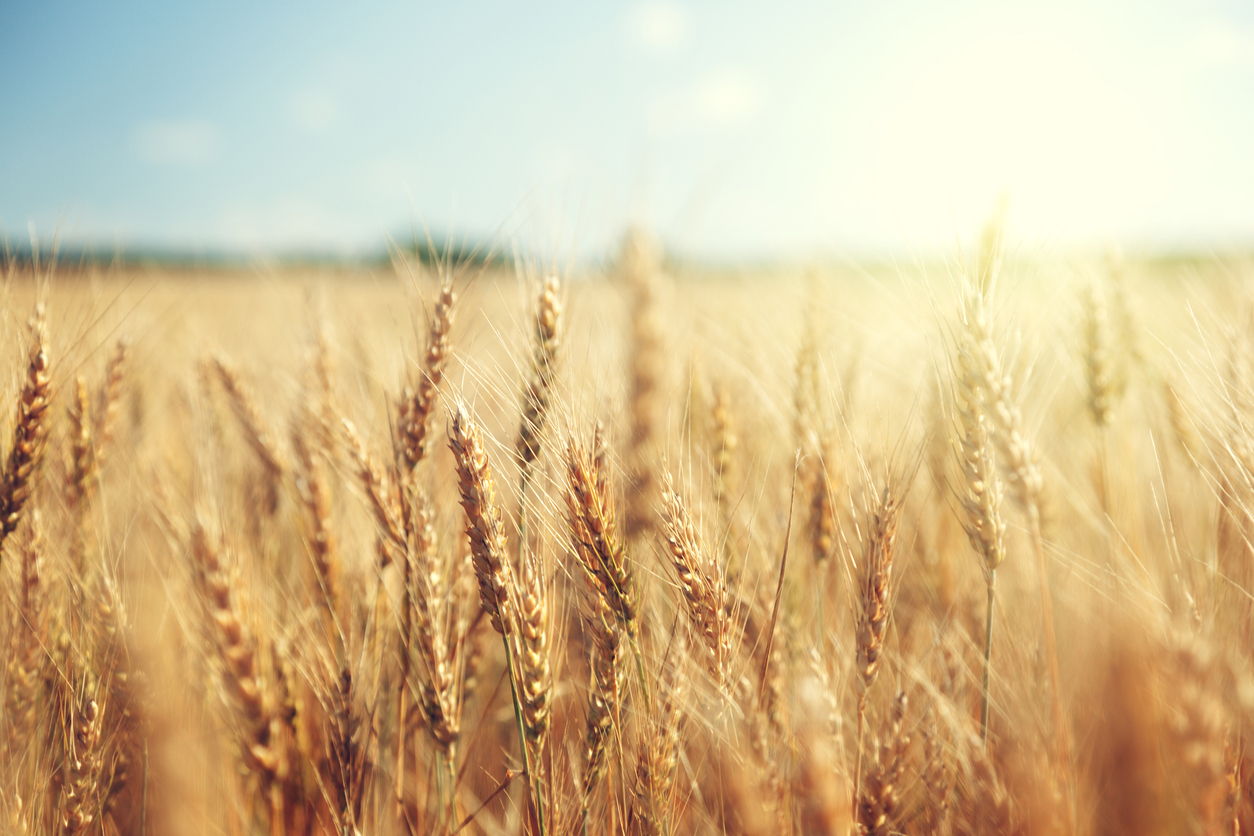
Researchers Discover Key to Reducing Dependence on Synthetic Nitrogen Fertilizers
November 12, 2025| |
Kasper Røjkjær Andersen and Simona Radutoiu, professors from Aarhus University, have discovered an important key that could significantly reduce global agriculture's dependence on synthetic nitrogen fertilizers, which currently account for about two percent of global energy consumption and emit large amounts of CO2. The discovery centers on understanding how certain legumes, such as peas and clover, can thrive without fertilizer by engaging in symbiosis with nitrogen-fixing bacteria. Scientists are now one step closer to transferring this critical trait to staple crops such as wheat, maize, and rice.
The key mechanism identified involves two amino acids in a root protein that acts as a receptor. This receptor functions as a switch, enabling the plant to distinguish between "friend" and "foe" microorganisms in the soil. While most receptors trigger an immune defense to reject bacteria, the researchers found they could reprogram the receptor's function by changing these two amino acids. This small modification transforms an immunity-triggering receptor into one that initiates symbiosis, welcoming the bacteria necessary for converting nitrogen from the air into a usable nutrient.
This genetic modification was successfully performed in a model plant, Lotus japonicus, and the same principle was then confirmed to apply to barley. This proof-of-concept is highly significant because it shows that a major metabolic shift—the ability to fix nitrogen—is governed by a remarkably small number of changes. Although more essential "keys" are still needed to fully enable nitrogen-fixation in staple crops, this finding offers a viable biotechnological strategy for developing self-sufficient crops, potentially revolutionizing farming to be more sustainable and climate-friendly.
For more details, read the article in Technology Networks.
| |
You might also like:
- Drought-Resilient Alfalfa Offers Lifeline to Kazakh Farmers
- CRISPR Sheds Light on Enhancing Nitrogen Fixation in Bean Genes
- Gene-edited Soil Bacteria Could Provide More Nitrogen for Corn
Biotech Updates is a weekly newsletter of ISAAA, a not-for-profit organization. It is distributed for free to over 22,000 subscribers worldwide to inform them about the key developments in biosciences, especially in biotechnology. Your support will help us in our mission to feed the world with knowledge. You can help by donating as little as $10.
-
See more articles:
-
Plant
- Researchers Develop Cold-Resistant Tomato Without Compromising Growth
- Experts Improve Efficiency of Transgene-free Gene Editing in Citrus
- Researchers Discover Key to Reducing Dependence on Synthetic Nitrogen Fertilizers
- Study Finds Narrower Rice Leaves Boost Photosynthesis Efficiency
- Scientists Speed Up Growth of Transgenic Plants from Months to Weeks
- EFSA GMO Panel Releases Scientific Assessment of GM Oilseed Rape LBFLFK
- Experts Highlight the Use of Precise Genetic Approaches to Develop Climate-Resilient Crops
-
Animal
- Gene Drive Technologies: Advances in Health, Conservation, and Governance
-
Read the latest: - Biotech Updates (January 21, 2026)
- Gene Editing Supplement (December 17, 2025)
- Gene Drive Supplement (February 22, 2023)
-
Subscribe to BU: - Share
- Tweet

